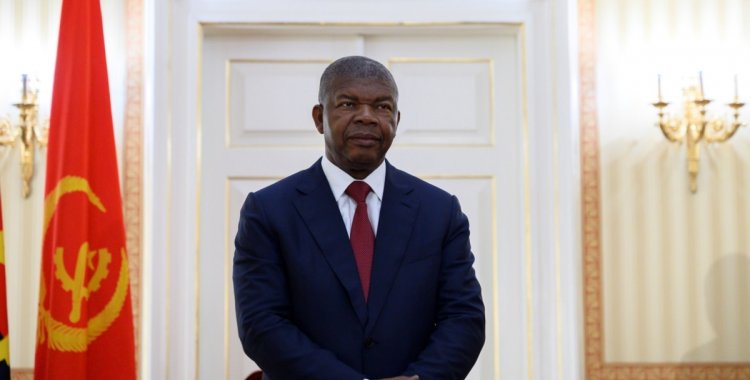The promises - 500,000 jobs, a relentless fight against corruption and nepotism, improving what is good and correcting what is bad - were intended to address the main concerns and desires of Angolans, according to the head of state.
But in his fourth year in office - it ends in 2022 - many of João Lourenço's promises are yet to be fulfilled and the enthusiasm of Angolans, hard hit by an economic crisis that has been dragging on since 2017 aggravated by the effects of the pandemic and falling oil prices, has waned, according to analysts.
With galloping inflation, which stood at 25.72 percent in July, a maximum since October 2017, and the depreciation of the kwanza, families are finding it increasingly difficult to pay their bills and acquire the basic food basket, with domestic production still clearly insufficient to offset the reduction in imports, according to official data.
As for jobs, and despite the fact that, in 2019, João Lourenço guarantees to have already fulfilled a third of his goal of creating 500,000 jobs, in October 2020, already in the middle of the pandemic, the head of the Angolan executive admitted the difficulty in creating jobs in such an adverse conjuncture.
With the country practically at a standstill in 2020, as a result of the restrictions imposed, first, by the decree that imposed the state of emergency and then by the state of calamity, which has been successively renewed, economic activities have suffered, leading many companies to close their doors and dragging even more people into unemployment, especially young people, who represent 66 percent of the population up to 24 years old.
In order to obtain revenues and reduce state intervention, while seeking to increase private participation in the economic fabric, the executive launched an ambitious privatization program (which eventually also included recovered assets) that has so far yielded a little over 490 million euros to the state coffers, through the sale of 35 of the 195 companies that were planned to be privatized, totally or partially, by 2022.
Many of the public tenders that have been launched end up seeing their deadlines extended while waiting for better opportunities or to clarify doubts of investors.
In recent months, João Lourenço has again invested heavily in economic diplomacy and recently concluded a tour that included Ghana, Guinea-Conakry and Turkey, bringing more promises of foreign investment and strengthening of air links to stimulate trade.
On the anti-corruption front, the judicial authorities have moved forward with several lawsuits and seizures of property, assets and bank accounts, targeting mainly relatives of the former President or politicians linked to him, leading some analysts to suggest that this fight against financial crime, which João Lourenço continues to raise as a flag, has a selective character. An opinion that the head of state has refuted, arguing that the "organized resistance" he has encountered will not make him curb the measures underway.
For now, only a few of the most high-profile cases have reached the trial stage in court, such as those of the son of former President José Filomeno "Zenu" dos Santos and of former Minister of Communication Manuel Rabelais, both sentenced to prison terms, but whose sentences have not yet become final. The exception was the former Minister of Transport Augusto Tomás, who is serving a prison sentence in the S.Paulo jail in Luanda.
João Lourenço also promised to be a president more open to dialogue, debate and the exchange of ideas, promoting freedom of the press and of expression, but after a grace-filled start, organizations from the sector and civil society have denounced setbacks.
This year, the executive forced the closure of three television channels, alleging legal inconsistencies, and currently television information is only broadcast by public channels, while several journalists, with ongoing lawsuits, complain of being persecuted.
His party has been under pressure from the opposition, which recently announced a United Patriotic Front to defeat the MPLA in the 2022 general elections, in an environment of growing political tension between the two main forces, MPLA and rival UNITA, which are trying to show their mobilization capacity by calling thousands of people in street actions, despite the fact that gatherings are forbidden due to covid-19 and serve, on other occasions, as a pretext to stop protests.
Activists and members of civil society have already called, over the last four years, for demonstrations demanding jobs, better living conditions and the holding of local elections, protests that do not always end well, and there have been deaths and injuries to mourn.
João Lourenço has meanwhile intensified his closeness to his voters.
After visiting, in Bengo, one of the largest agro-industrial groups in the country, one of the pillars of economic diversification that the Angolan government wants to develop, the President of the Republic went to Cunene to assess the effects of the drought in the south, already considered the worst in the last 40 years and that is affecting about 3.5 million people.
João Lourenço has about 12 months to show the value of his promises until the next elections, whose postponement he ruled out, although a project for a new political-administrative division is underway.







